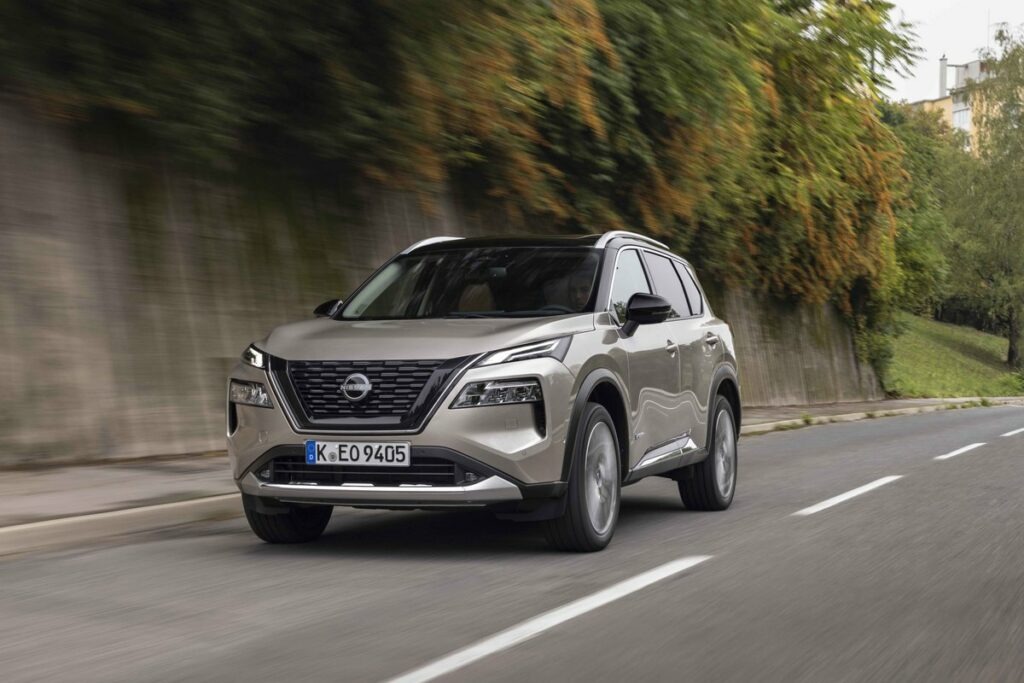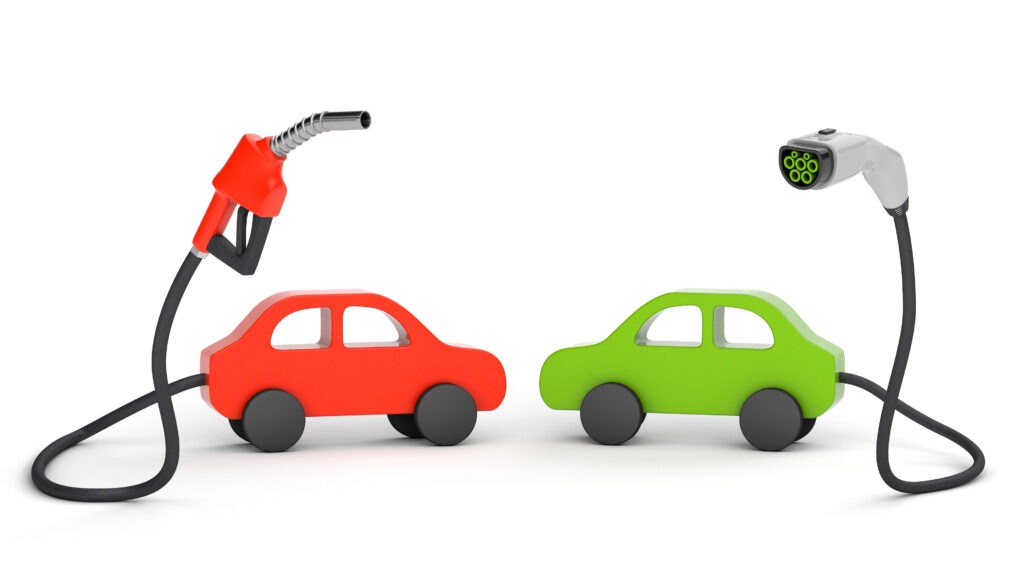German new-car market picks up speed after slow start
08 March 2023

After a slow start to the year, the German new-car market picked up speed in February. Registrations in the month totalled 206,210 units – a 2.8% increase compared to a year ago.
According to the latest data from Germany’s Kraftfahrt-Bundesamt (KBA), volumes are now levelling out. With around 385,500 new-car registrations, the first two months of 2023 are now on a par with the same period in 2022.
The seasonally-adjusted annualised rate (SAAR) improved to 2.89 million units from 2.51 million units in January. Autovista24 has adjusted its 2023 forecast, with the German new-car market expected to grow 4.7% to 2.78 million units from last year’s 2.65 million units.
While the latest data look promising, automotive experts are cautious about the year ahead. Compared to pre-pandemic 2019, new-car registrations were down around 23% in February 2023. German manufacturers reported a decline in domestic orders, with this figure dropping 37% year on year.
Delivery times improved last month, supporting the slow recovery of the market. Additionally, December 2022 proved to be a bumper month, the effects of which are still apparent in the new year as the association of international motor vehicle manufacturers (VDIK) explained.
‘The very strong end of 2022 is still having an effect in February,’ said Reinhard Zirpel, VDIK president. ‘However, the increasingly improved ability to deliver should contribute to a certain recovery in the coming months, even if we will remain well below the pre-pandemic level.’
PHEV slump
The picture remains mixed for electric vehicles (EVs), with the total number of newly registered EVs dropping by 11%. This was mainly due to a 45% slump in plug-in hybrid (PHEV) registrations as incentives for these vehicles ended on 31 December 2022, adding pressure to the fuel type.
On a positive note, battery-electric vehicles (BEVs) were up nearly 15% year-on-year in February, equating to 32,475 units. There were around 1.013 million BEVs on German roads as of 1 January 2023, the latest KBA data show. This represents a surge of almost 64% compared to data from the previous year.
Meanwhile, the total EV share of new-car registrations rose from 15% in January to 22% in February – this number amounted to 31% in 2022. EV-volumes.com expects this year’s EV share to exceedlast year’s figures. BEVs accounted for 16% while PHEVs only made up 6% of the market last month. Petrol cars remain the dominant fuel type with a 37% share compared to 19% for their diesel counterparts.
More EV registrations needed
Although EV figures are on the up, German think-tank Agora Verkehrswende is calling for the German government to take more action in order to reach its target of 15 million BEVs on the road by 2030.
‘The German government has a lot of catching up to do if the 15-million target is still to be reached,’ said Christian Hochfeld, executive director at the think-tank, as reported by Frankfurter Allgemeine Zeitung. ‘So far, sales are far below the required target.’
According to the organisation, an average of about 5,000 BEVs would have to be registered every day this year to increase the EV parc to 15 million vehicles by the end of the decade. Agora found that BEV registrations averaged about 1,290 a day in 2022. In January, this figure dropped to 585 units although there was an improvement in February, with nearly 1,160 new BEVs registered a day.
Production rises amid faltering demand
A wider look at the German automotive sector reveals that production levels are continuing to improve, albeit slowly. In February, production increased for the tenth month in a row, with around 382,600 passenger cars rolling off the assembly lines – an increase of 24% compared to a year ago. In January and February, around 708,300 vehicles were produced, up 26% year on year.
‘Despite the positive trend of the past months, which is due to the gradually improving supply situation with preliminary and intermediate products, the production level remains significantly below the pre-pandemic level. In the first two months of the current year, 13% fewer vehicles were produced than in 2019,’ warned Germany’s automotive industry association, the VDA.
Manufacturers in the country are still grappling with higher energy prices and rising inflation, which is forecast to have hit 8.7% in February. Germany’s ifo Institute found that automotive manufacturers are currently not as optimistic about their business expectations.
‘While manufacturers are still working through existing orders, demand from potential buyers is faltering. One reason could be the uncertain development of electricity prices. In addition, there is talk of rationing power for recharging car batteries,’ said Oliver Falck, director of the ifo Centre for Industrial Organisation and New Technologies.
The institute added that car manufacturers assess the current situation as ‘drastically worse’ than in the previous month as buyers remain cautious amid rising living costs.



